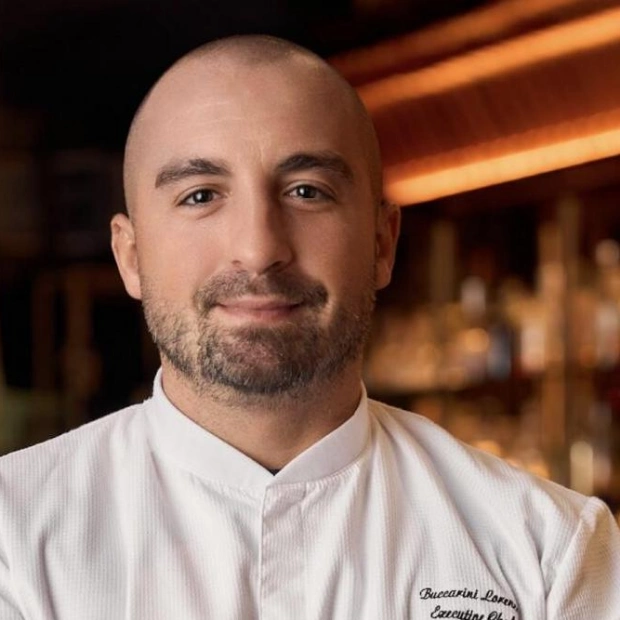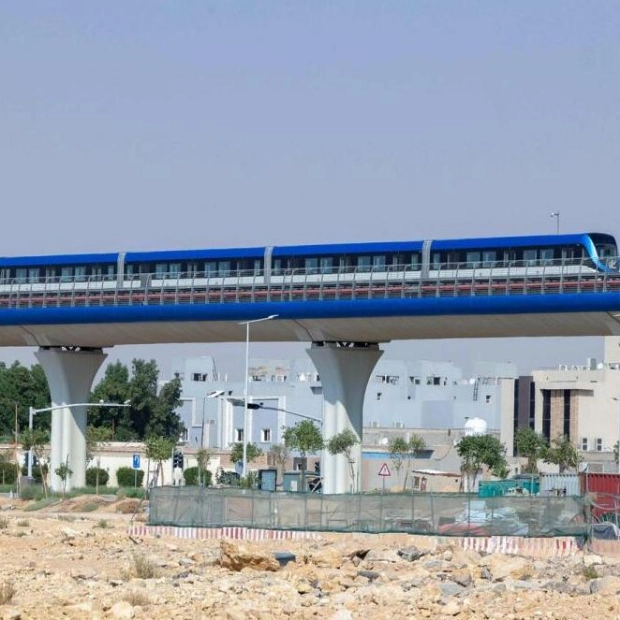Ahmed El-Hoshy, CEO of Fertiglobe, anticipates that the incremental demand for low-carbon ammonia will surge to approximately 24 million tonnes per annum (mtpa) by 2032, up from nearly zero currently, as per company and industry consultants. This surge is primarily fueled by emerging applications such as power generation, maritime bunker fuel, industrial feedstock, and as a hydrogen carrier. These factors are pivotal in Adnoc’s full acquisition of Fertiglobe, as El-Hoshy elucidated in an interview with Khaleej Times.
“With this acquisition, Fertiglobe is now Adnoc’s platform for global expansion in low-carbon ammonia. We are delighted to be central to another significant milestone in the Group’s chemicals growth strategy, the expansion of its low-carbon fuels business, and its ambition to rank among the top five global chemicals players. As the world’s largest exporter of urea and ammonia combined, shipping to 53 countries and holding around 10% of the global market share in these products, we believe we are well-positioned to drive this strategy,” El-Hoshy stated.
Decarbonization is integral to Fertiglobe’s business model. “We have made substantial progress on our key low-carbon ammonia initiatives, including securing a contract to supply renewable ammonia to the EU following a pioneering pilot auction by H2Global, funded by the German Federal Ministry for Economic Affairs and Climate Action. This led to Fertiglobe being awarded a contract to export renewable ammonia from Egypt, leveraging our assets’ proximity to key import hubs,” El-Hoshy added.
Similarly, in collaboration with Ta’ziz, GS Energy Corp, and Mitsui & Co, Fertiglobe has finalized the investment decision for the Ta’ziz 1 mtpa low-carbon ammonia project, awarding the construction contract to Tecnimont SpA, with production slated to commence in 2027. Fertiglobe also played a crucial role in supporting Adnoc’s delivery of the world’s first certified bulk commercial shipment of low-carbon ammonia to Japan, enabled by carbon capture and storage, for use in clean power generation. This landmark shipment was produced at Fertiglobe’s facilities in Abu Dhabi.
By integrating into the Adnoc ecosystem, Fertiglobe aims to propel growth within the low-carbon ammonia value chain. “This integration grants us access to Adnoc’s premier maritime energy logistics capabilities and their leadership in artificial intelligence (AI), enhancing our operational efficiencies and technological prowess, which will bolster margin expansion and drive incremental Ebitda growth,” El-Hoshy noted.
The acquisition elevates Fertiglobe’s strategic ambitions, positioning the company as Adnoc’s vehicle for establishing a global growth platform for ammonia, poised to meet escalating global demand for low-carbon solutions. As part of this strategy, Adnoc will transfer stakes in existing and future low-carbon ammonia projects to Fertiglobe at cost and upon readiness for startup, creating a world-class growth platform for low-carbon ammonia as a pivotal energy transition fuel. This includes its two lower-carbon ammonia projects in Abu Dhabi and other projects in its global portfolio. On a consolidated basis, the Abu Dhabi projects would add about 2 mtpa, more than doubling our current merchant ammonia capacity of 1.6 mtpa and increasing our total sellable capacity to 8.6 mtpa of net ammonia and urea combined.
Fertiglobe’s outlook for growth in low-carbon ammonia remains optimistic. “The maritime sector is increasingly incentivized to adopt clean fuels, partly due to the Fuel EU maritime regulation (effective from 2025), and low-carbon ammonia reduces carbon emissions by about 70% compared to very low sulphur fuel oil, according to consultants. Planned power generation regulations in Japan and South Korea, including a requirement for 20% to 30% co-firing in coal plants by the 2030s, are also expected to drive low-carbon ammonia demand, supported by policy and subsidy schemes. In Europe, significant potential exists from mandatory targets promoting emissions reduction and the use of green hydrogen in industry.
Somshankar Bandyopadhyay, a News Editor with nearly three decades of experience, currently oversees the business section, ensuring that the day’s top economic and business news reaches readers.
Source link: https://www.khaleejtimes.com






